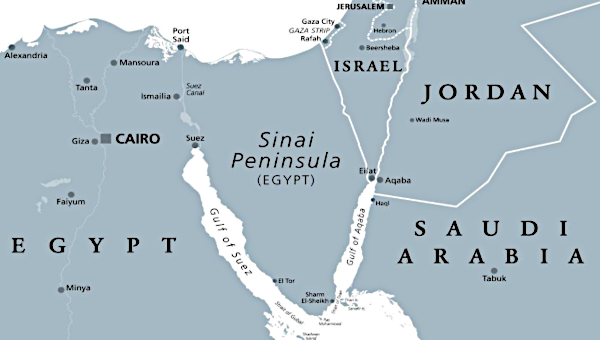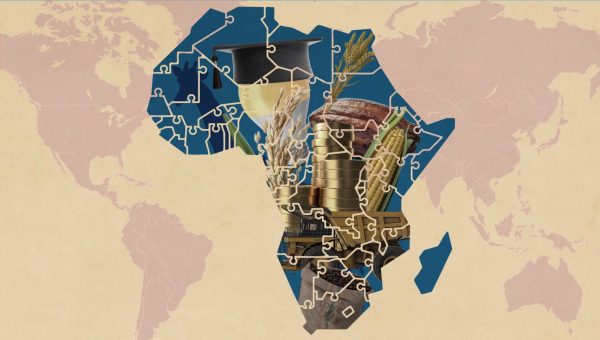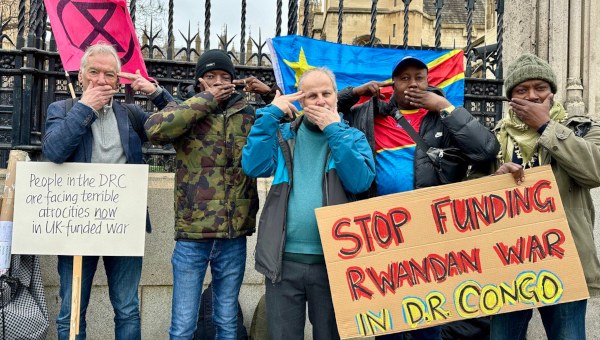South Africa, a Dream Betrayed
Understanding the Political Crisis in South Africa Toronto – 20 April 2017. Since 1994, the political leaders of South Africa have attempted to solve the national question through the ‘de-racialization’ … Watch video »
Understanding the Political Crisis in South Africa
Toronto – 20 April 2017.
Since 1994, the political leaders of South Africa have attempted to solve the national question through the ‘de-racialization’ of the economy and society. How to remake the state without addressing the benefits and misfortunes of capitalism and racism in South Africa? The ANC-led governments linked the struggle against racism to the national task of creating and strengthening a black capitalist class. This was an integral part of their attempt at de-racialization within the class and property relations of capitalism. But the misfortunes of capitalism and racism in South Africa continue to take the form of mass poverty for the majority of its people. And in post-apartheid South Africa the wealth and privileges of the beneficiaries of apartheid have been protected even with apartheid’s end. Only a tiny minority of blacks have entered into the capitalist class, often through connections to the state and the governing group.
The current government of President Jacob Zuma is witness to major brawls between rival elite factions, amidst growing corruption scandals. The historical alliance between the ANC, the SACP and COSATU is fracturing. Protests and demonstrations calling for Zuma to resign are growing. Out of this ruin, a new South African working class movement may yet emerge. See Sehlare Makgetlaneng’s “The benefits and misfortunes of capitalism and racism.”
Eli Kodisang has been involved in South African left politics and struggle for almost thirty years. He was a local and national organizer and educator in various COSATU unions, and then moved to Khanya College, a left NGO that provides support and political education for community and informal worker movements. He is currently organizing informal waste pickers and completing a Masters in Education and Work.





